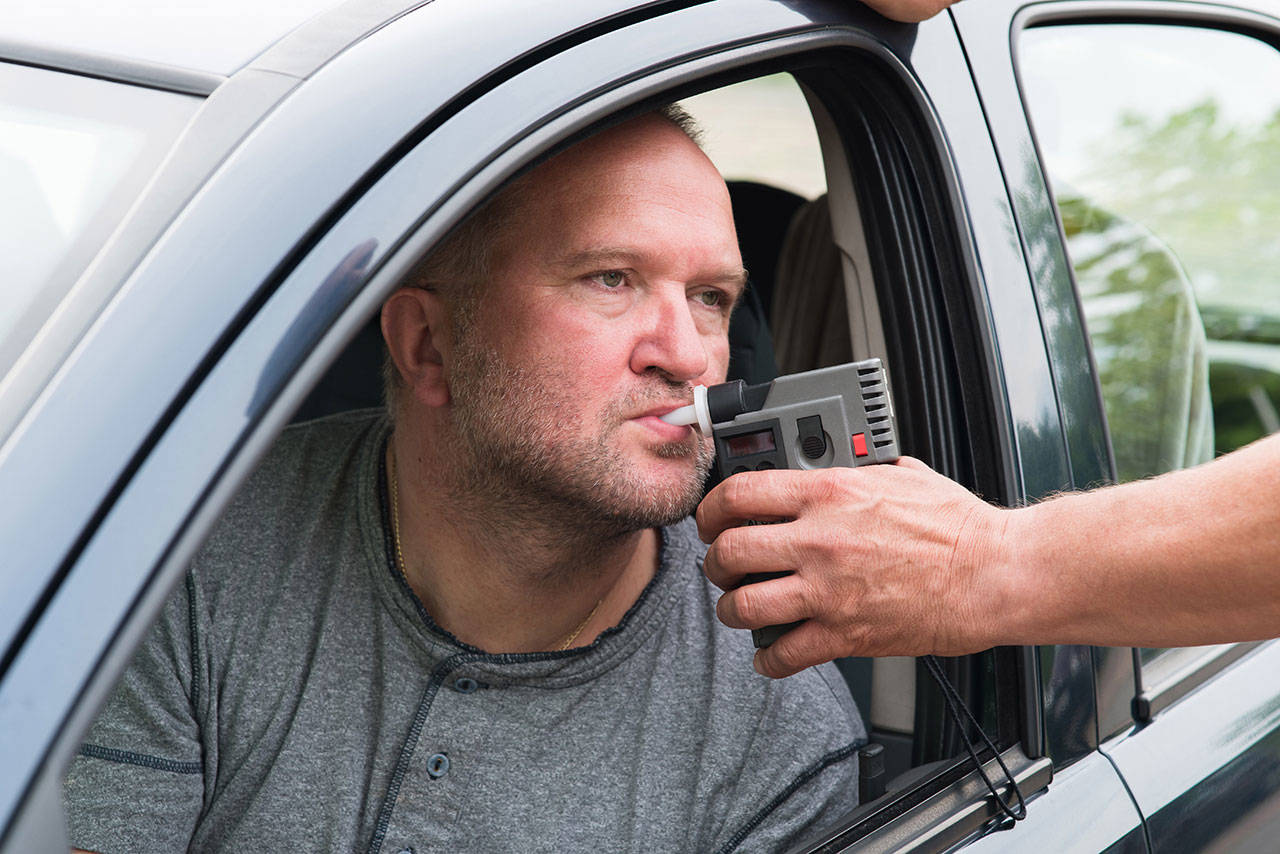By: Flint Stevens
Any person who watches television crime dramas knows science often plays an important role in determining whether an accused person is found guilty or set free. That is especially true in cases of driving under the influence.
Driving while intoxicated is a serious criminal offense that is likely to severely impact anyone accused of violating this statute. Results of a DUI charge can include job loss, jail time, a criminal history, hefty fines, negative social stigma and more.
Whether someone suffers those devastating consequences depends largely on accurate scientific testing. Any individual charged with DUI should call an experienced attorney as quickly as possible to make sure his or her rights are protected.
Field sobriety tests
If a police officer stops a driver suspected to be impaired, the officer is likely to ask the person to exit the vehicle and submit to standard field sobriety tests. These range from placing one foot in front of another in a straight line to horizontal and vertical gaze tests. The law does not require drivers to take the tests.
The objective of these tests is to measure coordination because people who drink enough tend to become uncoordinated. However, many people are uncoordinated even when they have not been drinking. Agreeing to the test rarely helps establish a driver’s innocence. And an AAA report recommends that they should not be used in marijuana or drugged driving cases.
Breathalyzer analysis
“The technological backbone of the nation’s anti-drinking and driving crusade is the breathalyzer test,” explains the National Motorists Association. The organization notes, while the process appears scientific, it is not equitable and does not rely on accepted and existing science. Studies have shown a wide variation in the results from person to person.
Bellingham attorney Ziad Youssef says, because of the unreliability of breathalyzer testing, the results are not used at trial; however, a positive result of a roadside breathalyzer can provide justification for a DUI arrest. Youssef advises clients not to submit to a roadside breathalyzer test.
“It’s only the machine at the station that counts,” Youssef says, and he advises that drivers should contact an attorney prior taking even that test.
BrAC testing
In Washington, the official breath alcohol content test for DUI takes place at a police station. Theoretically, the breath alcohol level measured by the machine corresponds to the level of alcohol concentration in the blood. There are many instances, though, where specific medical issues prompt false positives on a BrAC test.
For example, a study published in the Journal of Clinical and Diagnostic Research, found diabetic patients subjected to a breathalyzer exam tested positive and were charged with DUI even when they had not been drinking. Gastroesophageal Reflux Disease or acid reflux is another condition known to produce inaccurate breathalyzer results. Other factors that affect the results include the length of time drivers blow into the instrument. DUI Lawyer Ziad Youssef explains, that giving a proper breath sample only requires a minimum blow time of 5 seconds.
Blood testing
A blood alcohol test is generally considered the most reliable method of measuring the alcohol concentration in a person’s blood, but even this method is not foolproof. WebMD.com notes many medications can alter the results of the test. In addition, weight, age, hormones and gender can all affect how quickly the blood alcohol level rises or falls in the body.
Youssef explains that officers must get a search warrant authorized by a judge before they can seize and search blood from a driver. He also warns that everyone accused of a drug DUI, including marijuana should take a very close look at the blood collection and testing procedures used to produce the intoxication levels in the government case evidence against you.
Other problems
Anyone who took basic chemistry in school understands it can be difficult to get the expected outcome from a scientific experiment. In most cases, the problems are the fault of the person conducting the experiment. Even professionals make mistakes. Samples get contaminated or mixed up, and proper procedures aren’t followed. Breathalyzer machines can malfunction, or there can be a glitch in the software. Obtaining evidence in a DUI case is a complex process, and many things can happen to affect the result.
Because a DUI charge is such a serious offense, it makes sense to seek the best possible defense. Contacting an attorney that specializes in DUI and traffic cases should be the first step in the process.
Flint Stephens has a master’s degree in communication. He writes regularly on business, financial and medical topics.

























